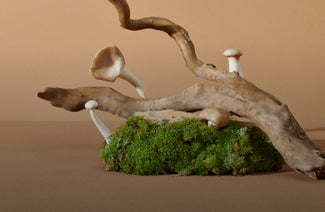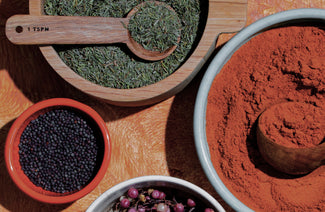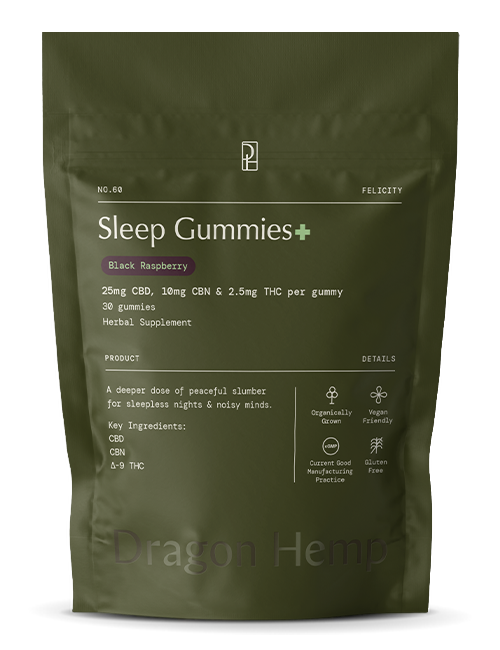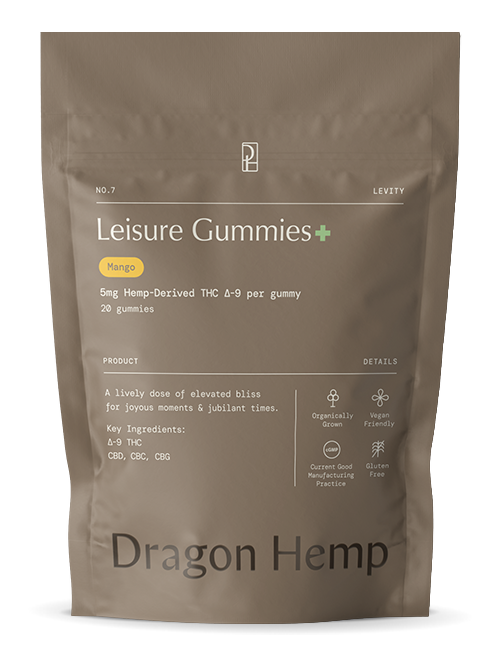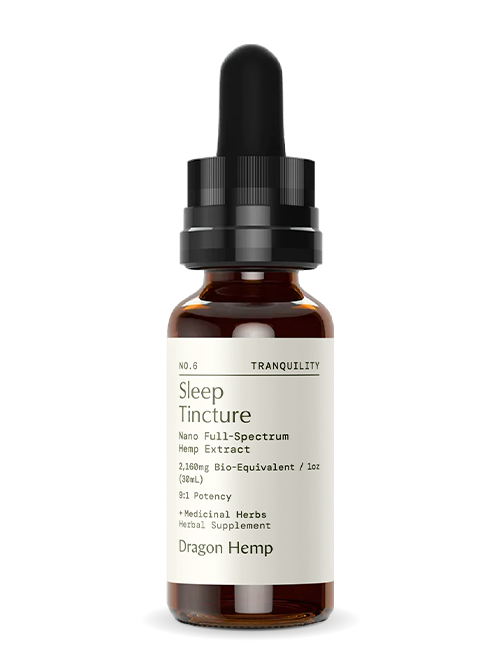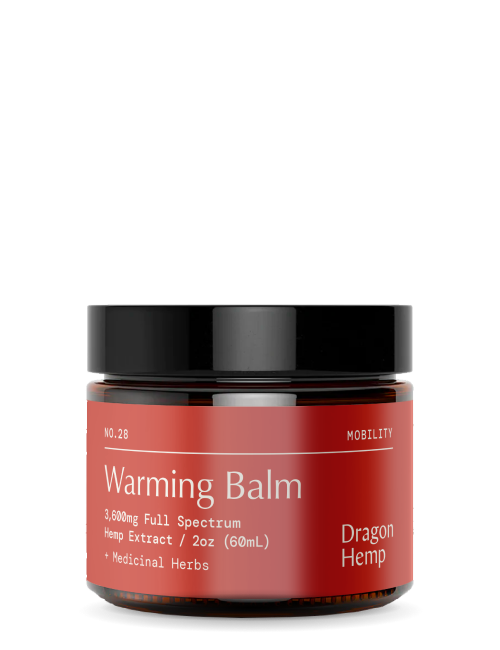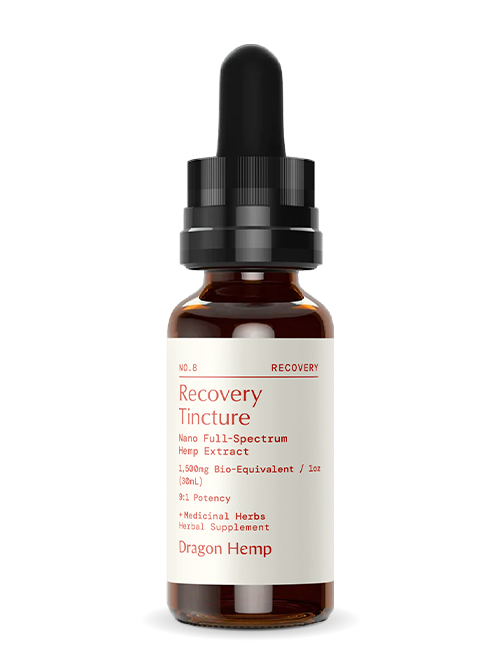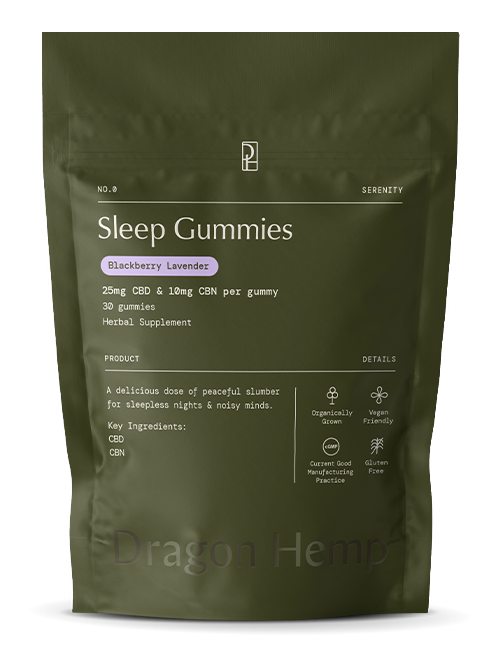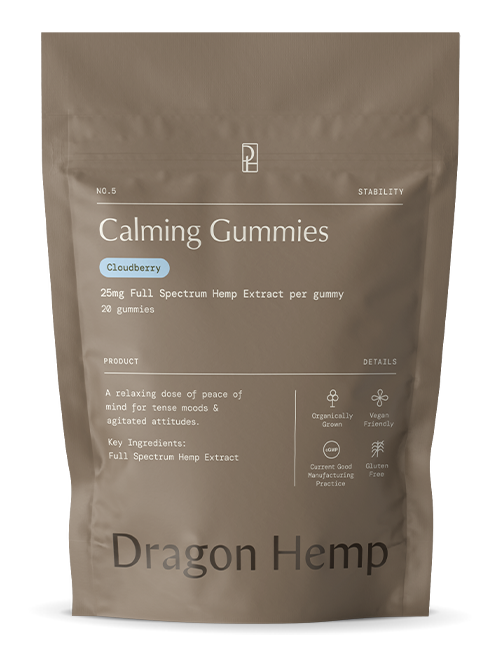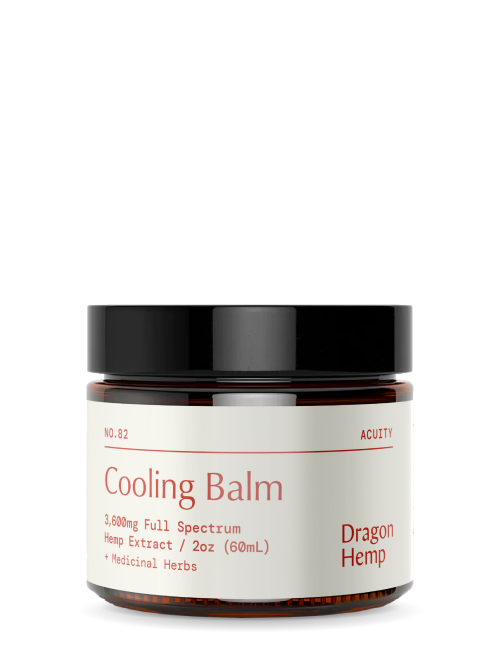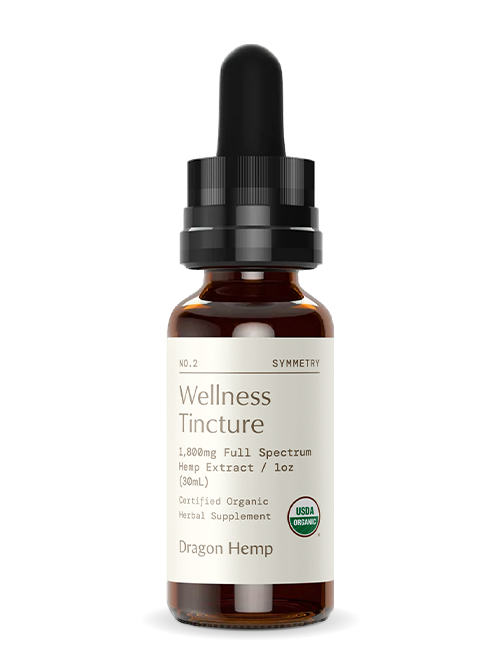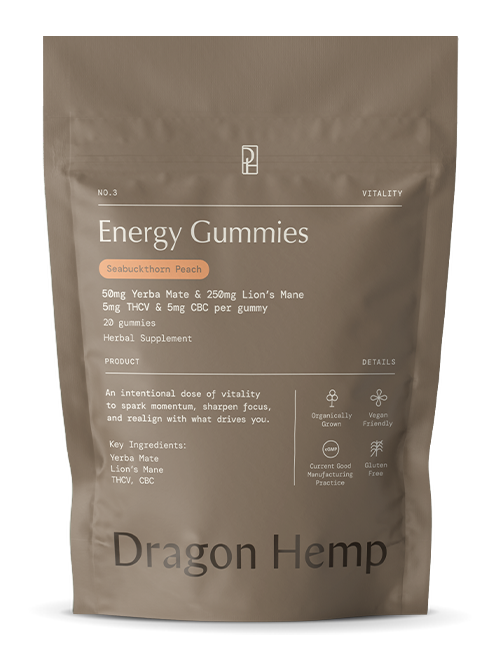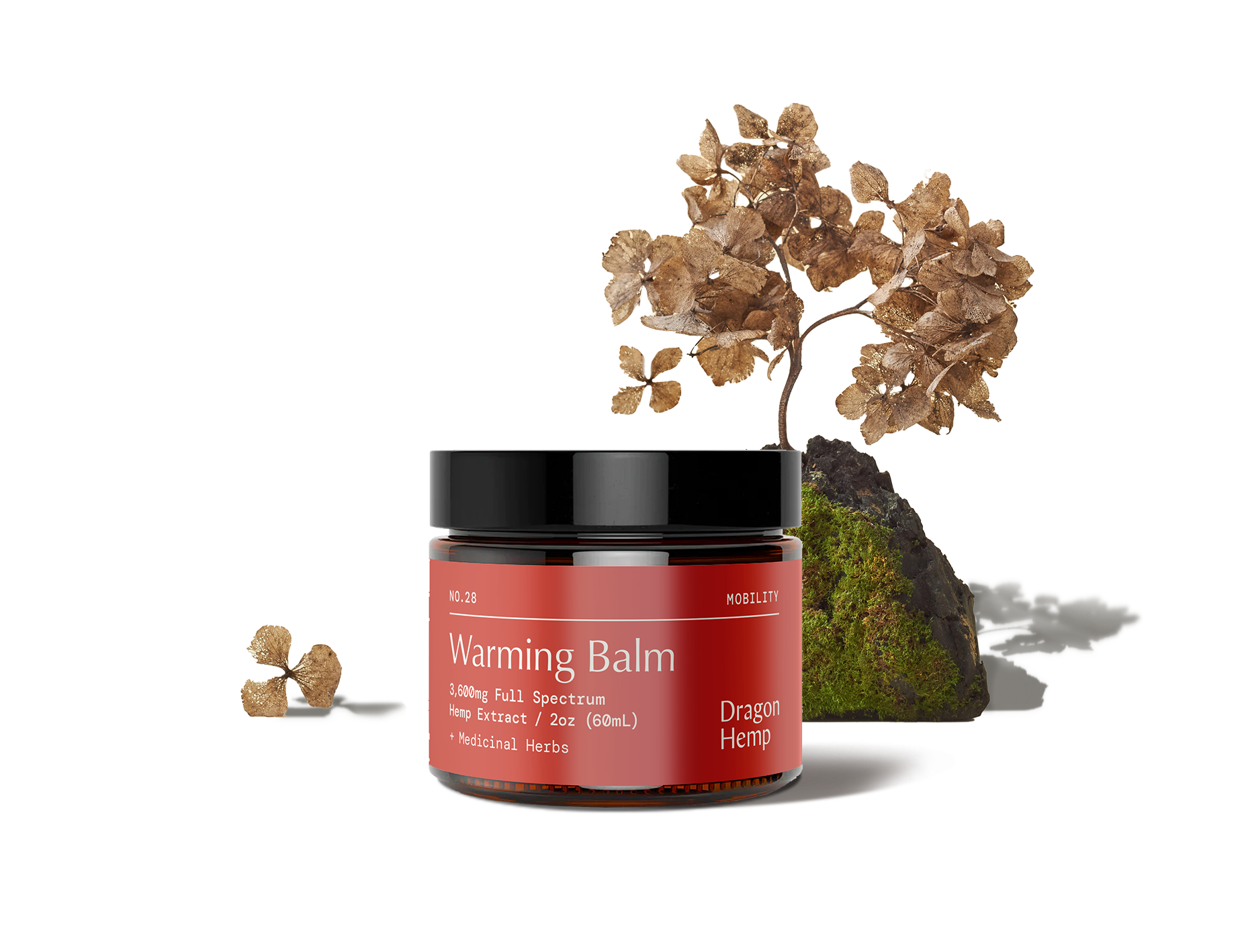
THCA vs THCV
Cannabis use dates back thousands of years, and folklore has it that Chinese Emperor Shen Neng loved mixing it in his tea! As a substance used by millions around the globe, mostly recreationally, terms like “THCV,” “THCA,” or even “CBDV” don’t sound cannabis-ish from a layman’s POV.
But they actually are! This plant is thought to have over 500 compounds (cannabinoids, terpenes, and flavonoids combined!), and scientists aren’t even sure if that’s all. As cannabis research expands, more and more compounds get discovered.
So, if you’re new to cannabis, there’s so much more that you’ll learn about this medicinal herb. In this article, we’ll tell you more about tetrahydrocannabinolic acid (THCA) and tetrahydrocannabivarin (THCV).
Since they both have the prefix “THC,” it’s easy to presume they are similar to THC. However, they have different properties, effects, and, consequently, different uses. And after discussing these, we cap it all by telling you where to get high-quality THCV.
Key takeaways
- THCA stands for tetrahydrocannabinolic acid – a non-psychoactive precursor molecule found in raw or live cannabis.
- On the other hand, THCV is a cannabinoid whose psychoactivity is dose-dependent, i.e., it’s both an agonist and antagonist at CB1 receptors.
- THCA breaks down to form THC – the main psychoactive component of cannabis.
- Both cannabinoids have wide-ranging benefits, including neuroprotection, anti-inflammatory, bone health, and antioxidative.
What is THCV
Often abbreviated THCV, tetrahydrocannabivarin is a unique cannabinoid found in cannabis. It exists in extremely low quantities that commercial extraction is simply unviable. And for the same reason, it’s a minor cannabinoid. If you were to look for it, you’d most likely get it in landrace sativa strains found in Southern Africa and Central Asia.
This cannabinoid is a homolog of THC, hence the “THC” prefix. It has a 3-carbon (propyl) side chain, while THC has a 5-carbon (pentyl) side chain. This seemingly minor difference accounts for the glaring differences between these two cannabinoids.
How is THCV made
Typically, THCV exists in very low quantities, even in landrace cannabis strains. So, strains with 1-5% THCV content are considered “THCV-rich” because most contain less than 0.2%.
THCV is extracted from cannabis or hemp plants via a process called chromatography. This process helps separate the different compounds in cannabis based on their molecular weight. And because THCV is so rare, it’s equally expensive.
Benefits of THCV
Thanks to its unique qualities, there’s been growing interest in THCV in recent years. Here are some therapeutic benefits you can derive from THCV:
THCV’s other name is “diet weed” because it appears this compound can curb appetite and reduce the urge to eat. How exactly does it do this? The science behind THCV’s appetite-suppressing property is not as complicated as it seems.
In lower doses, this cannabinoid is a known CB1 antagonist, i.e., it blocks CB1 receptor activity. If you think of it, THC induces “the munchies” by activating CB1 receptors. So, by blocking the activation of these receptors, THCV manages to achieve the opposite effect. This property of THCV was confirmed in a 2009 study where fasted mice exhibited reduced appetite after THCV treatment.
For this reason, THCV is believed to be helpful for people seeking to lose weight.
Preliminary research findings suggest that THCV might help stabilize blood sugar. According to a 2013 study, this cannabinoid might be able to reduce glucose intolerance and boost insulin sensitivity. These two are critical biomarkers for diseases like obesity and type 2 diabetes. Consequently, there is talk that THCV may have therapeutic potential in managing such health conditions.
We know that cannabinoids exhibit anti-inflammatory activity if they activate CB2 receptors, i.e., are CB2 agonists. CBD does it (albeit via negative allosteric modulation), and so does THCV. Of course, CBD has many other routes for exerting its anti-inflammatory activity, but you get the point.
Indeed, according to a 2010 study, THCV exhibits the ability to block CB1 receptors while activating CB2 receptors simultaneously. In so doing, it was able to attenuate inflammatory pain in mice with induced hyperalgesia.
Obviously, this is just one study, so more research is needed to confirm if THCV is truly an anti-inflammatory.
Even though cannabis is widely known for its medicinal properties, not many anticipate that it may also play a role in bone health. Yet, research shows this cannabinoid may just help you have healthier bones due to its ability to stimulate the production of collagen and bone nodules.
Researchers are still divided on this issue because other studies show that heavy cannabis use could be linked to musculoskeletal illness. Thus, it appears moderation is the key to enjoying the various health benefits of cannabis.
THCV’s ability to activate the CB2 receptors highlights another of its impressive qualities – antioxidant. Both delta-9-THC and CBD display neuroprotective activity and have been shown to reduce neurotoxicity in rats with toxic levels of glutamate. They can also prevent hydroperoxide-induced oxidative damage
It appears THCV is able to do so, too, because it is both an agonist and antagonist at CB1 and CB2 receptors. Though this trait is dose-dependent, it positions THCV as a cannabinoid with many THC- and CBD-like properties.
As a result, such cannabinoids have been cited as potential remedies in managing neurodegenerative diseases like cerebral ischemia, Parkinson’s, and Alzheimer’s.
Effects of THCV
Since it does not activate the CB1 receptors, THCV is largely non-psychoactive. However, in larger doses, THCV switches into a CB1 agonist. This means it causes psychoactive effects associated with THC.
Still, its psychoactivity is not as intense as THC’s because it has a shorter carbon side chain. Researchers are convinced that the ability of cannabinoids to plug into CB1 receptors comes down to their alkyl side chain – the longer the side chain, the more snugly it fits into the receptor.
That’s why tetrahydrocannabiphorol (THCP) is thought to be exceedingly more potent than THC. It has a 7-carbon side chain compared to THC’s 5-carbon alkyl group. THCV has a shorter side chain (3 carbon atoms), which is evident in its milder psychoactive effect.
For this reason, THCV’s “high” is described as “focused, energetic, and motivating” and lasts shorter than THC’s.
How strong is THCV
Like in the human world, cannabinoids are not created equal; understandably, some are stronger than others. Using THC as the benchmark, THCV is roughly 25% as potent as THC, essentially implying it’s the weakest ‘THC’ compound in cannabis. The strongest is THCP, which is thought to 10x stronger than THC!
Why Take THCV
Research is still in the early stages, so we cannot confidently enumerate the best uses for THCV. However, considering what is already established by science, it appears THCV is an effective appetite suppressant. In fact, this trait seems more established anecdotally rather than scientifically (hence the name “diet weed”). So, most users target it to help with weight loss.
Similarly, its ‘high’ is less intense than THC’s – an aspect that might appeal to cannabis users who don’t like THC’s mind-bending ‘high.’ So, this cannabinoid is recreationally ideal for daytime use, especially when looking to unleash your creative juices!
THCV may also help reduce blood sugar. So, if you’re battling type 2 diabetes, it’s a cannabinoid you may consider integrating into your treatment program. HOWEVER, consult your doctor before doing so; cannabinoids are known to negatively interact with some medications.
Here is a list of drugs known to be affected by cannabinoids. It’s by no means exhaustive, but it’s a head start.
What is THCA
THCA, or tetrahydrocannabinolic acid, is a non-psychoactive cannabinoid found in live or raw cannabis. It’s the precursor compound for THC (meaning THC is made from THCA).
THCA doesn’t induce psychoactivity because it cannot bind to CB1 receptors. That’s because it contains a carboxylic ring that effectively prevents it from plugging into receptors. However, when THCA is subjected to heat, it converts to THC. That’s when the psychoactivity kicks in, and the effects of cannabis become more pronounced.
How is THCA made
As a cannabis plant grows and matures, the buds synthesize an inactive compound called cannabigerolic acid (CBGA). Most literature refers to this compound as the “mother of all cannabinoids,” but in reality, the two primary precursor compounds in cannabis are:
- Cannabigerolic acid (CBGA), or
- Cannabigerovarinic acid (CBGVA)
These precursors are both produced by cannabis via two different pathways – coenzyme A and fatty acid synthesis pathway. The science behind these mechanisms is a bit complex (so we won’t go deeper into it), but ultimately, we end up with CBGVA and CBGA.
The enzymatic conversion of either CBGVA or CBGA by the THCA synthase produces ∆9 tetrahydrocannabivarinic acid (THCVA) and ∆9 tetrahydrocannabinolic acid (THCA).
Benefits of THCA
In its natural form, THCA is non-intoxicating, so many people tend to downplay its therapeutic significance. But surprisingly, this often ignored compound has immense medicinal benefits. Here are a few;
A 2017 study showed that THCA is a potent PPARγ agonist and can exert its neuroprotective property through this route. The study demonstrated that THCA binds to PPARγ receptors more strongly than its decarboxylated form (THC). It could prevent cytotoxicity and striatal degeneration and improve motor deficits in mice with an artificially induced neurodegenerative condition.
Another study found that THCA improves insulin resistance and glucose intolerance in mouse models with high-fat-diet (HFD) induced obesity. As a result, it resulted in significant weight reduction and prevented liver injury, plus the infiltration of fat tissues with macrophages.
THCA is also a potent anti-inflammatory agent. Research shows that it inhibits the production of pro-inflammatory enzymes such as cyclooxygenase 1 and 2 in human cell cultures. It can also reduce oxidative stress due to mitochondrial impairment – a key contributor to neural degeneration.
There is evidence that THCA may supercharge your immune system, enabling it to function much better. That’s because this cannabinoid is a TRPV1 and TRPA1 agonist. These receptors are involved in various body processes, including regulating anti-inflammatory responses, pain perception, and immune system functioning.
Also, THCA is able to prevent the proliferation of tumor necrosis factor alpha (TNF-α) much longer than THC. In fact, prolonged exposure to THC is thought to induce TNF-α levels.
Effects of THCA
Besides its therapeutic effects, THCA doesn’t induce psychoactivity. So, don’t use this cannabinoid expecting to get ‘high.’ But what it lacks in the department of psychoactivity, it makes up for in other ways.
How strong is THCA
If you’re looking for a ‘high,’ then THCA is not the cannabinoid for you. But if you’re more interested in deriving some health benefits from cannabis, THCA is an excellent choice.
Why take THCA
Like most ‘newer’ cannabinoids, research is still ongoing on how we can best THCA. For now, it appears blending some raw cannabis into a smoothie or salad may offer more protection for the brain, reducing risks of neurodegenerative diseases like Alzheimer’s and Huntington’s.
Another area where THCA displays some promise is in managing inflammatory conditions. Since THCA can reduce the production of prostaglandins, it may help manage inflammatory pain for people battling arthritis and other health conditions characterized by inflammatory pain.
And recently, it emerged that THCA could actually help reduce nausea. This was established in a 2020 study showing THCA effectively reduced chemotherapy-induced nausea in mice. It may also boost appetite.
Difference Between THCA and THCV
One of the main differences between THCA and THCV relates to psychoactivity. While THCA is completely non-psychoactive, THCV displays some psychoactivity though substantially weaker than THC’s. Its ‘high’ is euphoric and energetic though short-lasting.
While THCA can convert into THC via decarboxylation, THCV cannot, regardless of the chemical process you take it through.
Where to buy THCV online
THCV is a rare cannabinoid, so finding products that contain it is a fairly difficult task. However, at Dragon Hemp, we make Energy Gummies that have not only THCV but also CBC. Why? Because cannabinoids work better together (“entourage effect”)! So, if you’re looking to add some oomph to your day, these edibles will help.
Check out this and many more high-quality cannabinoid products from Dragon Hemp here.
Feel like yourself again.
Peruse our collection of plant-based therapeutics blending time-honored herbal remedies with next-generation cannabinoid extracts.


